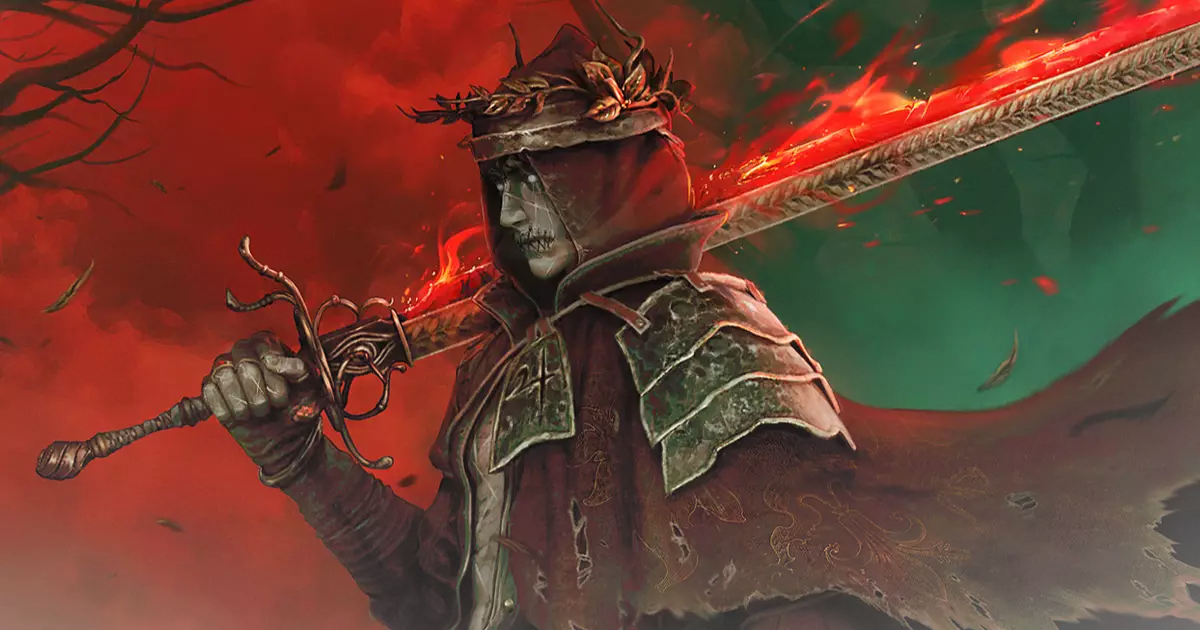The emerging trend of transforming timeless literary works into visceral video game experiences often treads a fine line between homage and desecration. Jyamma Games’ upcoming project, inspired by Dante Alighieri’s *La Divina Commedia*, boldly ventures into this territory. Unlike earlier attempts—mostly superficial or spectacle-driven—this adaptation strives to craft an immersive universe where the profound metaphysics of the poem are woven into a dynamic gameplay fabric. The ambition is evident: fuse Dante’s original allegories with modern game mechanics to create something intellectually stimulating yet undeniably entertaining.
What sets this project apart from its predecessors is its commitment to deep, meaningful interaction. Instead of reducing Dante’s epic to mere boss battles or grindy levels, Jyamma aims to embrace the philosophical underpinnings of the *Divine Comedy*. The notion of descending through the circles of Hell resonates as a structural backbone for gameplay, but it’s also a metaphorical journey through sin and redemption. This approach invites players not just to fight demons but to grapple with moral complexity, echoing Dante’s own exploration of human virtue and vice.
Gameplay Mechanics as Modern Myth-Making Tools
One of the most significant innovations in Jyamma’s adaptation is the integration of gameplay systems that enrich the narrative depth. Unlike the static and often superficial treatments of Dante’s work, this game introduces customizable weapons and armor, a diversity of combat classes, and a protagonist whose gender choice impacts the storyline. These features aim to personalize the suffering and redemption arc, making each journey through Hell uniquely challenging and reflective of the player’s moral choices.
Moreover, the inclusion of procedurally generated dungeons adds an unpredictable, almost endless dimension to the game. While some might see this as a superficial loot grind—commodification of hell’s depths—the intent seems to be more nuanced. Mining for materials in the infernal realms becomes a metaphor for internal struggle: the effort to extract meaning from chaos. It transforms the act of navigating the underworld into a quest for spiritual and material progress, a fitting parallel to Dante’s own journey through the terrors of spiritual despair toward enlightenment.
Mythology and Morality in a Shifting Cultural Landscape
What is perhaps most intriguing about Jyamma’s take is its framing of Dante’s *Divina Commedia* as a mythic blueprint for a new era—one where classical spiritual narratives have been replaced by a new “golden age” of righteousness. The game posits a world where the moral universe is teetering on collapse, and the player’s role as a warrior-poet becomes a symbolic custodian of moral order. This reinterpretation is not merely a game mechanic but an ideological stance: it suggests that myth and storytelling remain vital tools for understanding and shaping our morality.
Yet, this transition from a poetic journey to an action-RPG could be criticized for prioritizing spectacle over substance. Does combat become a hollow analogy for moral struggle? Or can it serve as an effective vessel for philosophical inquiry? In my view, the risk lies in diluting the depth of Dante’s original metaphysics in favor of blockbuster tropes. However, if executed with philosophical sincerity, this game could elevate the medium—using its interactivity to foster a genuine understanding of sin, redemption, and the complexity of human nature.
The Cultural Significance and Future Potential
Dante’s *La Divina Commedia* took over a decade to complete, a testament to its intricate craftsmanship. Translating such a profound literary masterpiece into a video game format within a shorter development cycle is a formidable challenge. The risk of oversimplification looms large, yet it also presents an opportunity to reinvent the story for a new generation, making the deep lessons of Dante accessible in an age dominated by visual and interactive storytelling.
While no release date has been announced, the project’s conceptual daring already signifies a bold step forward. It embodies an aspiration not just to entertain but to engage players in a moral dialogue, using the digital realm as a canvas for mythmaking. If Jyamma can balance the technical innovations with philosophical fidelity, their adaptation might become a landmark in how we perceive the intersection of literature, morality, and interactive entertainment.
In essence, this game dares to ask: can we, through pixels and polygons, revisit the ancient archetypes of sin and salvation—not merely as relics of a bygone era, but as vital symbols that still resonate in our fragmented modern world? The answer lies in the execution, but the ambition alone makes this an intriguing journey worth following.

